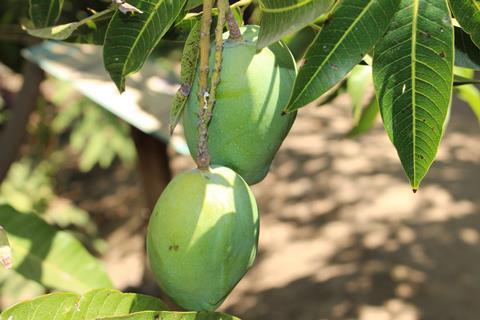With temperatures soaring across Greece for another summer, some growers are looking to adapt to the changing climate with the production of tropical crops including avocados and lychees
Climate change is set to fuel more frequent heat waves and droughts in the Mediterranean basin, according to the Intergovernmental Panel on Climate Change. In Greece, warm, dry winters and record summer temperatures are posing an imminent threat to the livelihoods of growers across the country.
Current wildfires on the outskirts of Athens may not directly affect fruit and vegetable crops, but rising temperatures are undoubtedly having an impact on the country’s producers.
The last two dry winters have put traditional Greek crops to the test, according to a report in Ekathimerini, encouraging many growers to switch to exotic fruits more commonly produced in the tropics.

In southern Greece, in the Peloponnese, an experimental initiative began in 2022 dedicated to the production of subtropical crops, including avocados, lychees, cherimoyas and macadamias, which are grown on an area of 2.5ha in the areas of Lakonia and Messinia.
Panos Adamopoulos, who grows mangoes and avocados on 80ha in Kyparissia, told Forbes that such crops were more resistant to the intense heat. Since the fruits were adapting well to their new surroundings, Adamopoulos said he planned to plant a further 300 trees.
The programme is set to last for five years under the supervision of the Hellenic Agricultural Organisation at the Ministry of Agricultural Development, financed by the Regional Authority of the Peloponnese.



